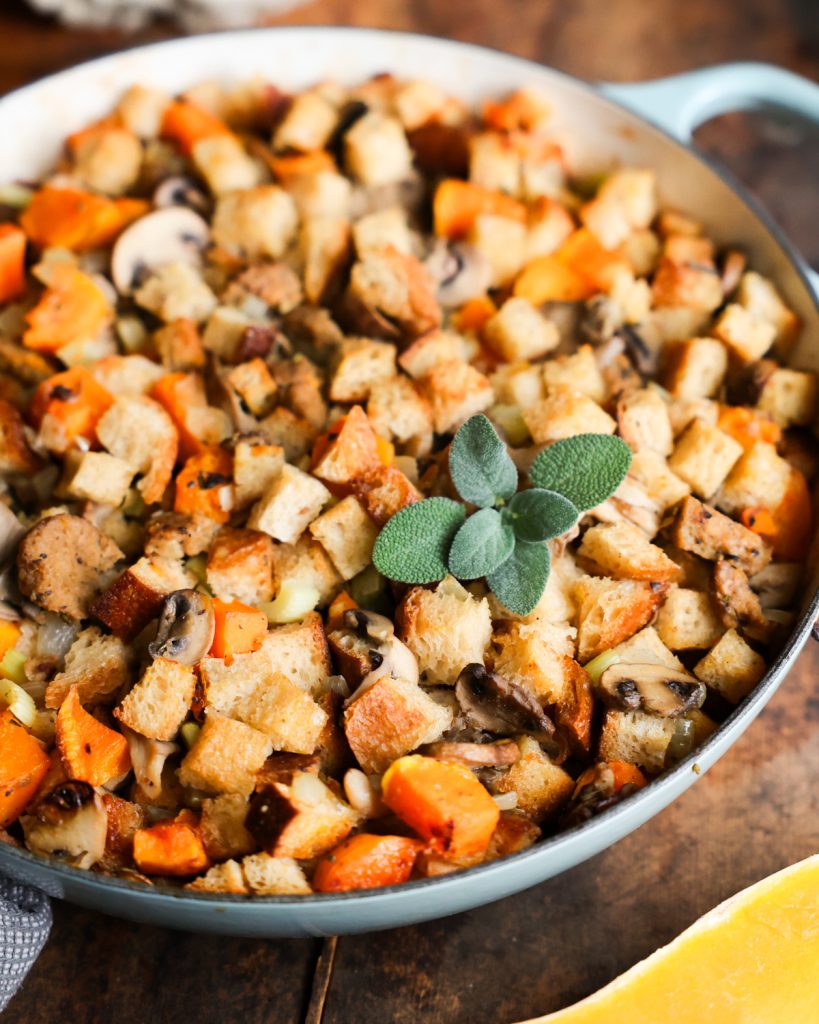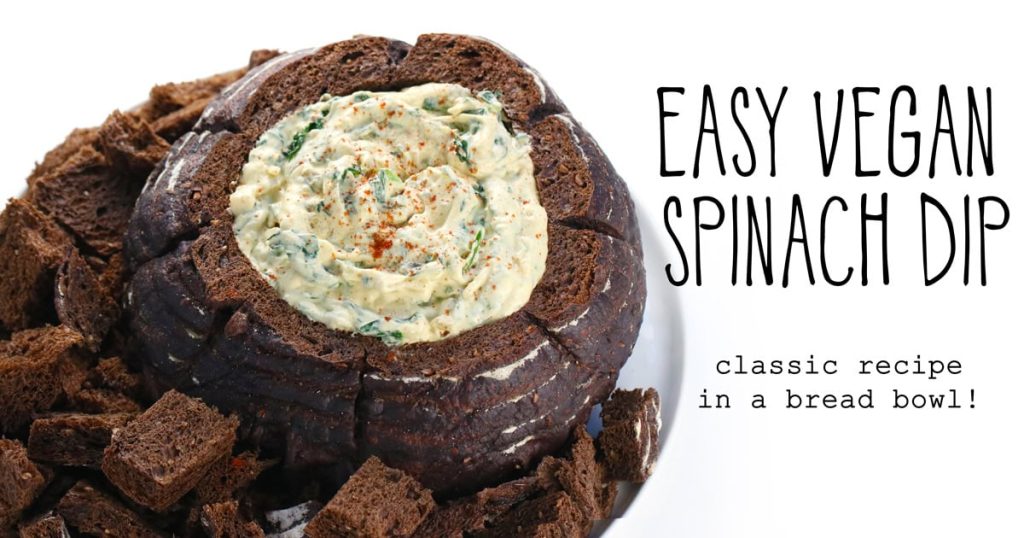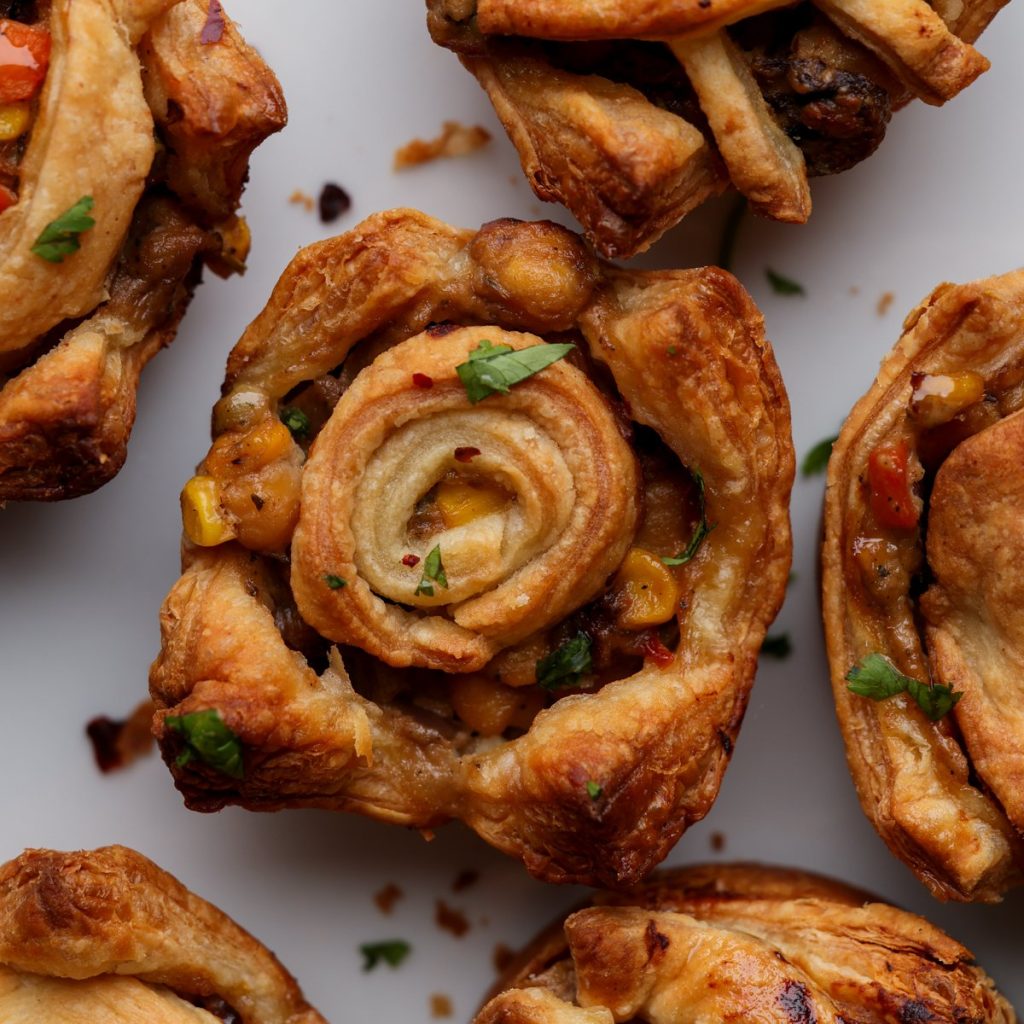With increasing numbers of vegan restaurants and products constantly popping up, and new vegan cookbooks being published every month, it sometimes feels like veganism really IS making its way into the mainstream. And indeed parts of it are. According to Vegetarian Resource Group, the number of people who identify as vegetarian or vegan in the US has doubled in the last few years (from 2.5 to 5 per cent). Certainly more people are beginning to appreciate the benefits a healthy vegan diet can bring. There is more awareness around the cruelty associated with factory farming, and even how the consumption of animal products negatively affects the environment.

credit: J McArthur/We Animals
But there is one topic that is still taboo. And to me that topic is at the heart of what being vegan really means. It’s our relationship with animals, and the fact that we are animals too. We have a responsibility to do as much as we can to stop the cruelty, abuse, misuse – and use period – of other animals not because we are smarter and should know better, not because we are stewards and it’s our job to take care of them. We have a responsibility to stop because they are not ours to use in any way, shape or form. Non-human animals, just like humans, are on this planet and are valuable in and of themselves. They don’t have to have a use. They don’t need to prove their value. They don’t need to be managed by humans. It’s not our job. It’s not our right.

credit: J McArthur/We Animals/Lantern Books
We Animals by Jo-Anne McArthur is a brave and powerful book that addresses this very topic. McArthur is the photographer who was featured in the recent film The Ghosts in Our Machine. She travels around the world photographing animals “behind the scenes” and their various relationships (negative and positive) with humans. Her photographs are achingly beautiful, disturbing and thought provoking, as is the commentary she provides alongside each one.
I love the fact that one of the very first images in the book is of a beetle, challenging readers right from the get-go to think about how we relate to animals. Most of us – even many self-labelled vegans – don’t think twice about stepping on a bug or squashing a spider who has found his way into our home. But as McArthur points out, there is so much we don’t know about these creatures. Through the text she posits the beetle in the photograph as an individual, completely changing the perspective from which most of us would look at him.
This book features several sections: several examine different aspects of animal exploitation – of animals used for food, entertainment, fur and research; one celebrates rescuers and sanctuaries, which inspires us all to reach higher and try harder; and the final section is notes from the field. Though I pored me way through this entire book, it was Notes From the Field that really captured a feeling of what it takes to do the work that McArthur does. She calls herself a war photographer, and no wonder.

Credit: The Ghosts in Our Machine/ We Animals
I love this book because it encourages us to think about how we relate to animals; it’s not just about protecting and caring for the cute and cuddly – it’s about how we see ourselves in the bigger picture, relating to the planet around us, and the other animals we share it with. I love We Animals because although it features great sadness and suffering, it also features great hope – in the form of the people who are working to change things – activists, rescuers, sanctuary workers. And finally, I love it because it shows you don’t have to be an “animal lover” to oppose animal suffering. You just have to be a thinking, feeling human.


